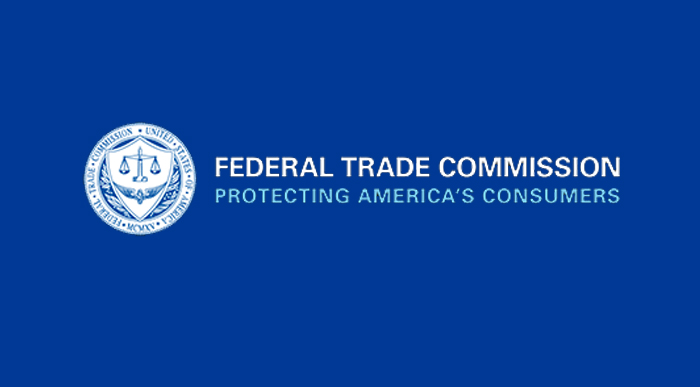The Beatles were right: One does get by with a little help from one’s friends – but that’s not always a good thing. A partial settlement just announced by the FTC sheds light on the unsavory cooperative relationship between certain shadowy data brokers and the scammers who buy their wares for illegal purposes.
Consumers struggling to make ends meet often apply for payday loans online. They input their Social Security, bank account, and routing numbers on the assumption that lenders will use the data to evaluate their applications and deposit money directly into their accounts. What they may not know is that in the hands of some companies, their confidential financial information becomes a product sold to third parties – some of whom have nothing to do with lending.
According to the FTC, Florida-based Sequoia One, Gen X Marketing Group, and four principals bought loan applications from the operators of payday lending sites and supplemented that motherlode by soliciting applications on their own site. But rather than serving as a go-between for consumers and legitimate lenders, the defendants allegedly sold sensitive information about more than 500,000 consumers to outfits like Ideal Financial Solutions, a Nevada-based company not in the loan business.
What did Ideal Financial do with the data? According to the judge presiding over the FTC’s action against Ideal, the company simply “uploaded that information into its consumer databases and automatically charged a fee (generally around $30) to the consumers’ credit cards or debited their bank accounts.” As the Court found, “Victims had their bank accounts and credit cards charged without their knowledge or consent, and when they called to question the charges and have them reversed, customer service representatives – on defendants’ instructions or with their full knowledge and intent – falsely told the callers that they had authorized the charges.”
The FTC says the Sequoia defendants sold consumers’ loan applications to Ideal even though they knew or had reason to know that Ideal was using them to make those unauthorized debits and charges. What’s more, when the scheme resulted in sky-high chargebacks and the termination of multiple merchant accounts, the FTC says the defendants offered “a little help to their friends” at Ideal by setting up a front company to keep the operation off the radar screen of banks and payment processors. Add it all up, and the FTC says Ideal Financial processed more than 1.5 million unauthorized charges totaling at least $43 million using information from payday loan applications bought from the defendants and other “friendly” data brokers.
Three of the defendants in this case – Paul T. McDonnell, Theresa D. Bartholomew, and John E. Bartholomew, Jr. – agreed to settle the FTC charges. The proposed orders prohibit them from selling or otherwise benefitting from customers’ personal information. Most of the $7.1 million judgment will be suspended, but the whole amount will become due if it turns out they misrepresented their finances. Litigation against the remaining defendants continues.
What’s the message for others in the industry? The complaint alleges that the defendants engaged in unfair practices in violation of Section 5 of the FTC Act by selling payday loan applications chock-full of sensitive consumer information to non-lenders who had no legitimate need for them. Prudent data brokers don’t avert their eyes when the facts suggest buyers are using information for illegal purposes. And they certainly don’t lend a hand to cover up fraud.


